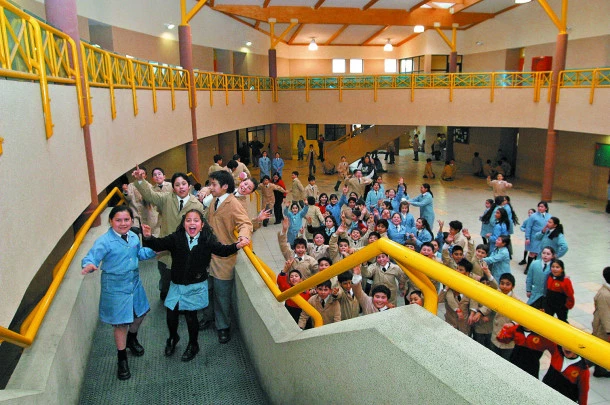The International Day of Happiness was celebrated on 20 March. It was established by the UN (United Nations) following a proposal by the Kingdom of Bhutan, which has made the happiness of its population one of its political objectives.
The Kingdom of Bhutan is an Asian country in the Himalayas between India and China. In the 1970s they introduced the concept of Gross National Happiness (GNH) by which public policies would be designed and evaluated.
At first, the West looked at this proposal with a certain degree of derision, especially considering that it came from a country with a monarchical regime, low income, high illiteracy, low life expectancy, isolation from the rest of the world and no industrial development. Time and the failure of economic metrics to measure the wellbeing of the population gave way to considering happiness as a variable worthy of being considered as a pillar of development.
While capitalist hegemony focuses on Gross Domestic Product, which is measured in money and, as Joseph E. Stiglitz, Nobel laureate in economics, says, GDP is not capable of measuring quality of life, in Bhutan, Gross National Happiness is built on people’s responses to a questionnaire that asks about: psychological wellbeing, time use, community vitality, culture, health, education, environmental diversity, standard of living and governance.
It is possible to imagine the political earthquake that would occur in Chile if the President and his Minister of Education invited citizens to design and evaluate public education policies according to an index of the happiness of educators, students and other members of educational communities rather than according to traditional tests and examinations.
Although happy schools seem utopian, they are already a reality in some educational experiences in different parts of the world.
UNESCO’s Happy Schools project moves away from the pressure to take tests and exams and “will be an alternative approach to improving the learning experience by prioritising happiness in school. By emphasising wellbeing, engagement and a sense of belonging to the school, the project contributes to fostering a lifelong love of learning”.
Happy schools have an impact on the whole educational community. It is a different approach to education. It looks at the learning process as an adventure worth living and enjoying and not as a means to future success and/or a triumph over others.
Considering happiness as a fundamental pillar of education generates a virtuous circle. Students improve their attendance, education professionals improve their mental health, parents and guardians are encouraged to send their children to school. And, no end, in a happy school, learning is proven to improve as well.










